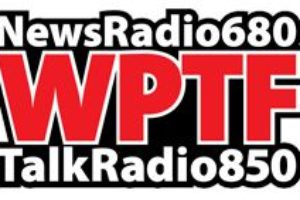President Obama announced today his support for new limits to curb the growth of the nation’s biggest banks. Obama’s proposal is an uninvited reminder to investors of the Glass-Stegall Act that came out of the Great Depression. The legislation placed strict limits on the activities of investment and commercial banks, but the law was repealed in 1999 during the Clinton Administration. The precise limits to banks would have to be debated in Congress, but Obama made clear that he wanted to restrict the proprietary trading done by commercial banks and would seek to restore the “spirit of Glass-Stegall”.
I understand that attacking the “monster” banks is politically comfortable, but it does nothing to prevent another financial crisis. The size of the banks in our country or the fact they engage in proprietary trading had no affect on the current recession. In fact, the investment banks that did proprietary trading such as Bear Stearns and Lehman Brothers no longer exist. Other investment banks like Goldman Sachs are now commercial banks.
Obama’s announcement comes on the heels of his proposal to levy a special “bank tax” on large financial institutions. Obama proposed that financial institutions with a minimum of $50 billion in assets are required to pay the special tax. This provision should prevent the tax from impairing community and regional banks. The tax would be imposed for 10 years and would aid the federal government in recouping over $100 billion in taxpayer losses generated from TARP.
The fact worth mentioning is that these losses did not come from investments made into banks, taxpayers lost this money from bad bets on AIG and GM. Undoubtedly, the “bank tax” will restrict credit for small businesses and consumers, banks will curb lending to free up the cash to pay the tax.
The economy started to recover in the second half of 2009 and most major banks performed well because of renewed investor confidence. The rebound in equities and fixed-income trading have placed large banks on track to pay significant salaries and bonuses, which is placing these institutions on opposing sides with the Obama Administration. Uncle Sam has fared well in the recovery, all the large banks repaid their TARP money to taxpayers with interest.
Obama has a need to appear tough on Wall Street, and he has stepped up his rhetoric demonizing financial institutions. This rhetoric does nothing to return our capital markets back to functioning normally. The president should focus his energy and political capital on common sense reforms to the financial system, we need more transparency and greater resources devoted to financial education. If Obama wants to protect taxpayers, then he should do it by educating and empowering citizens to make better choices. More regulation is not a solution.




